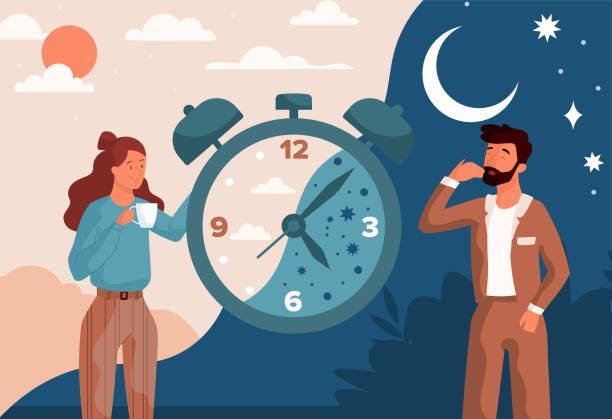
The Hidden Cost of Skipping Sleep
Let’s say you are forcing yourself to the limit: pulling late nights and bragging about it. Don’t let that friendly morning smile fool you – your brain is not so happy. Chronic sleep restriction quietly wrecks many systems. Reaction times slow, memory falters, mood dips, and even your immune and metabolic health take hits. One study even likens chronic 6-hour sleep to being legally drunk in terms of performance. Meanwhile, you might feel only mildly tired (or proud) and never notice the growing deficits.
So “getting used to” 5 hours doesn’t mean you’re fine; it means you’re tricking yourself. Inside your skull, neurons are yelling for more shutdown time, just as if you’d gone several nights without sleep. Over weeks, the sleep debt piles up inexorably, even if you “function” well enough. In short, you’re paying for the sleep you skip, and the price is paid in subtle declines – until one day it’s painfully obvious.
Bottom Line: Listen to Your Body (and Genes)
You can’t truly train your body to need less sleep. The smartest approach is to respect your natural sleep requirement and use it to your advantage. Most healthy teens and adults need closer to 8 hours, so treat that as a minimum, not a target to shave. If you feel like you never need more than 5–6, consider seeing a sleep specialist or even getting a genetics screen – odds are overwhelming you’ll discover you’re not in that elite short-sleeper club.
Remember, high performance comes from quality sleep, not quantity skimping. Instead of hacking your sleep hours, focus on consistent bedtimes and a sleep-friendly routine. Your body and brain will thank you – you’ll be sharper, less cranky, and a lot safer (no more nodding off at the wheel!). So go ahead, catch those zzz’s; science says you can’t cheat your biology.
Sweet dreams – they’re not optional!